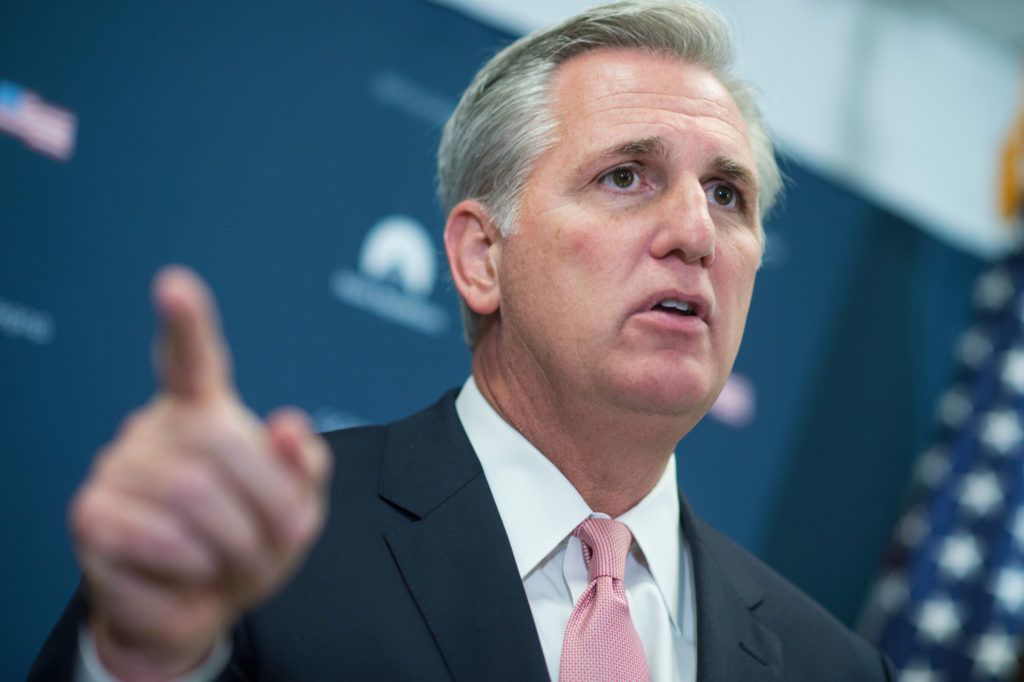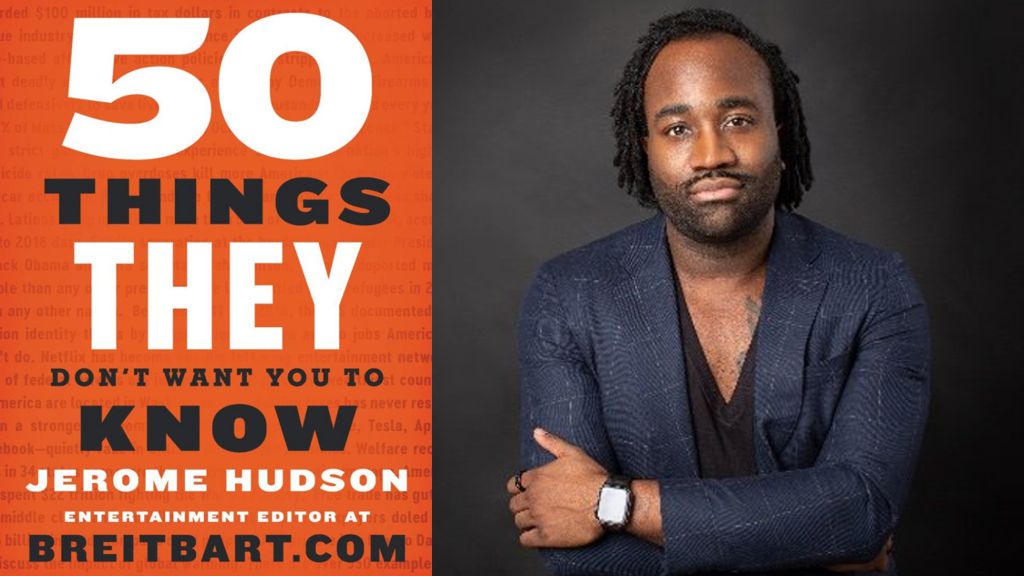Course Overview
The Constitution established a limited government, but a government with sufficient powers to protect Americans’ God-given rights to “Life, Liberty, and the pursuit of Happiness.” This course examines the design and purpose of the Constitution, the challenges it faced during the Civil War, how it has been undermined for over a century by progressivism and post-1960s liberalism, and how limited government under the Constitution might be revived.
Course Lectures
1 The Theory of the Declaration and the Constitution
The form of government prescribed by the Constitution is based on the timeless principles of the Declaration of Independence. These two documents establish the formal and final causes of the United States and make possible the freedom that is the birthright of all Americans.
2 Natural Rights and the American Revolution
The principle of equality—which means no person may rule over another without his consent—is central to the political theory of the American Founding. Not only did it justify the Revolution, it also led to the creation of a government whose purpose is securing the natural rights of its citizens.
3 Majority Tyranny and the Necessity of the Union
The Articles of Confederation was America’s first attempt at establishing a national union. However, in many of the states, unchecked legislative majorities frequently trampled on the natural rights of minorities and disregarded the nearly powerless federal government. This experience of unstable and unjust government led to calls for a firmer union.
4 Consent of the Governed and the Separation of Powers
The Framers understood that the “latent causes of faction . . . are sown in the nature of man.” Consequently, the Constitution establishes a number of institutional mechanisms such as representation and separation of powers to control the effects of faction. In so doing, the Constitution improved upon previous models of republican government.
5 “To Secure These Rights”: Property, Morality, and Religion
While the first purpose of government is to protect citizens from foreign and domestic threats, it must also undertake other essential actions in order to secure natural rights. These include the protection of property rights, the defense of religious liberty, and the promotion of the moral character necessary to sustain free government.
6 Slavery and the Roots of the Secession Crisis
Contrary to the Founders’ guiding principle of equality and their hopes for eventual abolition, slavery not only survived but spread and became entrenched in the South. Subsequently, a new ideology arose in defense of slavery, which rejected the principles of the Founding and fueled the sectional crisis that led to the Civil War.
7 Secession and Civil War
The South’s justification for secession was based on an erroneous reading of the Constitution. Whereas the South claimed a legal right to secede, Lincoln opposed what he called an illegal insurrection and sought to secure a “new birth of freedom” in America.
8 The Progressive Rejection of the Founding
Progressives rejected the timeless principles of the American Founding and instead argued that the ends of government ought to be relative to historical circumstances. They viewed the Constitution as a “living” document, which could be transformed to meet the exigencies of the modern age.
9 The New Deal and the Rise of the Administrative State
Progressives sought to circumvent the separation of powers by arguing that there are two functions of government: politics and administration. The task of the political branches is to promote a unified vision for the country. The job of the administrative agencies is to implement this vision by means of regulations and guided by scientific expertise.
10 The Administrative State Today
The modern administrative state transformed the American republic into an oligarchy. Today, an elite and insular administrative class rules without the consent of American citizens. Moreover, administrative rule is both anti-constitutional and pre-constitutional, because it replaces the rule of law with unaccountable regulatory agencies.
11 Post-Sixties Liberalism and Contemporary Politics
As American politics underwent a substantial change in the 1960s, a new idea of justice emerged. One of the central tenets of this ideology was a politics of liberation and social justice. It aimed at remaking American society by means of divisive policies that serve individual groups rather than the common good.
12 A Path to Restoration
Centralized bureaucratic government—although dominant in many countries today—remains deeply unpopular because it runs counter to the nature of man. The solution rests in the principles and form of government prescribed by the Founders.







